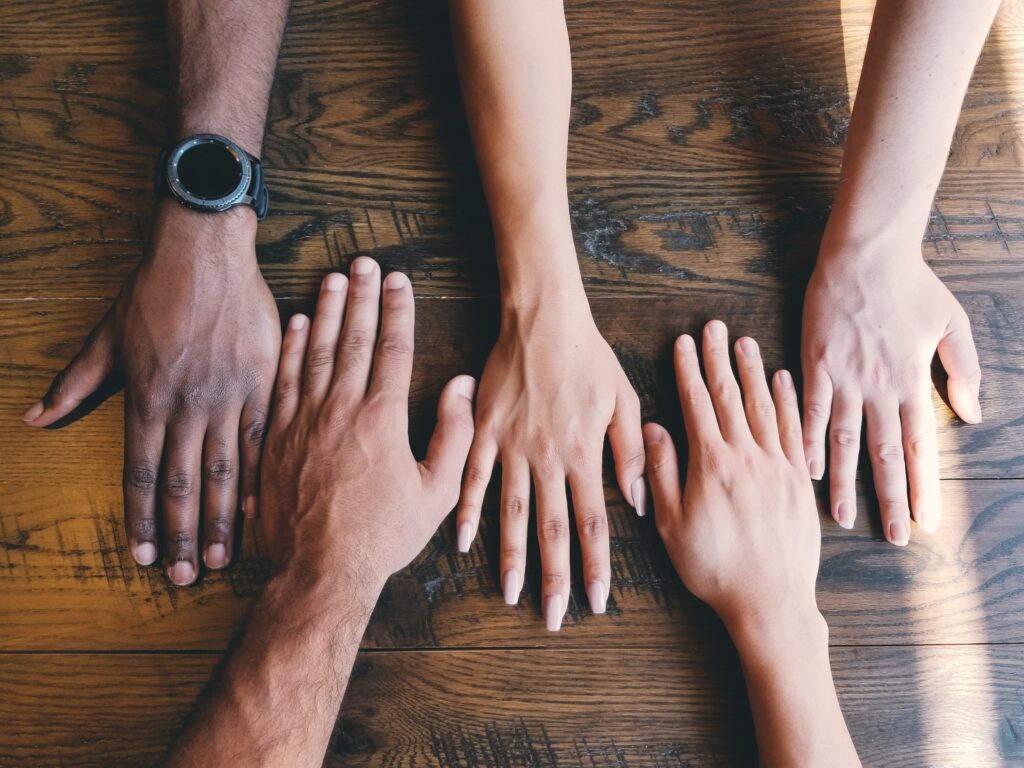Welcome…
I’m so glad you stopped by. This space was created as a soft place to land as you find answers to your wonderings and collect your thoughts. Feel free to linger.
If at any time along the way, you would like to dive deeper on a particular topic or have a persistent curiosity, I would love to hear from you.

Life Transitions Mentoring & Coaching
Death Doula Support – Humans | Pets
End of Life Navigation
~ Serving Calgary, Alberta, Canada & Beyond ~
What is Dying the Dream?
Consider the phrase, “Living the Dream”. What does that mean to you? An endless supply of material comforts? Traveling the globe? Financial status? The common thread is being FREE: carefree, worry-free, stress-free.
People approaching end of life often feel trapped in their suffering and fear what is yet to come. Will there be pain? Where will I live? Will I keep my dignity? How will I be remembered? They are prisoners in their homes, bodies and minds. Those who walk the path with them have their own fears too, such as how will they be able to keep going after the death of their person.
I provide my clients with a brighter lens in which to view the intricacies of life, up to and including the end. With gentle guidance, fresh perspectives and practical strategies, I help them address and resolve their worry and fear, allowing for clarity in decision making and confident next steps.
At any point in life people suffer from anxiety, guilt, regret, shame and a myriad of other feelings and emotions that often become completely debilitating. Being free from this suffering is the ULTIMATE FREEDOM one can achieve and at end of life, is Dying the Dream.

What is Life Transitions Mentoring & Coaching?
Life is full of change and upheaval. How we respond to what is presented to us directly relates to our adaptability and resilience. Some people move through various transitions relatively unscathed while others however, have a harder time getting past an event or crisis that leaves them feeling sad, lonely, scared and victimized.
Some of these transitions are:
- Change in relationship – marriage, breakup or divorce
- Birth of a child
- Career change
- Illness or disability
- Empty nesting
- Downsizing
- Retirement
- Death of someone close
Whether we perceive a transition to be negative or positive, we can get stuck in feeling loss and experiencing symptoms of grief and not understanding why.
My work with individuals is to help them fully integrate their experiences at any stage in life and show them how to live intentionally in the present.
ARE YOU READY TO:
Experience DETACHMENT from the victim role?
Be EMPOWERED to live your BEST life?
Seize the FREEDOM of moving forward HAPPY and CONFIDENT?
Embrace the SHIFT in clarity and RENEWED sense of self?
What is an End of Life Doula / Death Doula?
An End of Life Doula, also known as a Death Doula, is first and foremost a compassionate, comforting presence amidst the turbulence that exists when faced with end of life. We are trained professionals who provide non-medical care and support to the dying and those who love them. As knowledgeable guides, we work proactively to educate and advocate for our clients before, during and after a death, easing the way to keep everyone moving forward.
Fundamentals
Navigation & Guidance
When you or someone you care about receives a terminal diagnosis or are approaching a natural end of life, emotions are raw and minds become muddled. This combination can quickly cause one to feel like they are spiraling out of control. An End of Life Doula is able to rein things in by carving out more manageable pieces to deal with, one at a time.
Holding Space
Holding space for another is the foundation of meaningful human connection. It requires being fully present with another’s suffering without judgment or control. It consists of deep listening, which allows a person to feel seen and understood. An experienced End of Life Doula has honed these skills and is adept at creating a space that allows others to feel safe as they navigate the complex web of heavy emotions that coexist with all aspects of end of life.
Those Supported

Whether dying from a terminal illness or natural end of life, humans and pets are fully supported, including those who choose to be involved in the process.
References to “Family”, both verbal and written, are to be taken as those who share a close and loving, mutually respectful and nurturing relationship with the dying individual and not held exclusively for those related by blood, adoption or marriage.
Each and every individual is welcome and will be treated with dignity and respect regardless of age, ethnic origin, religious beliefs, sexual orientation and expression, gender identity or financial status.

